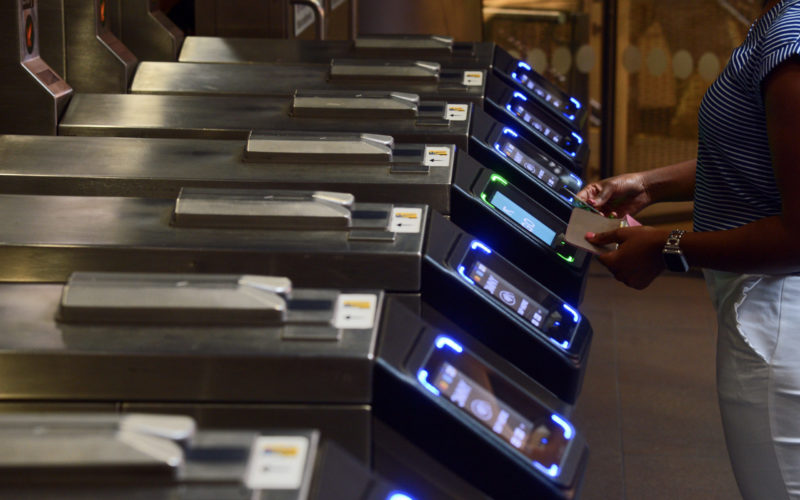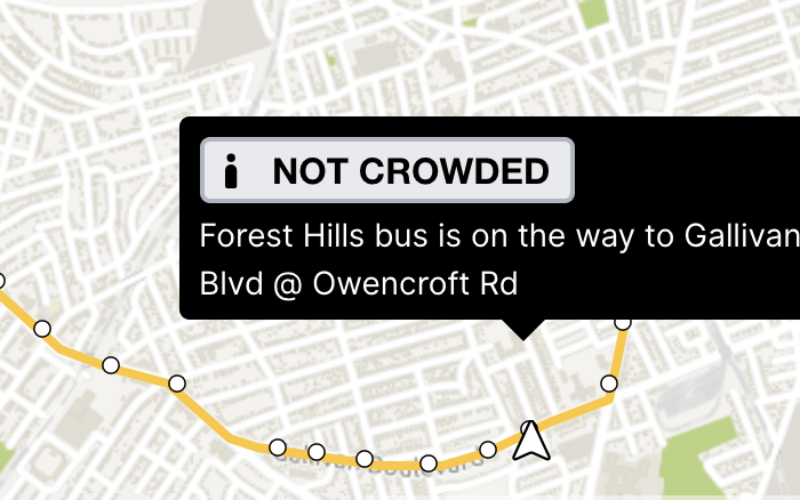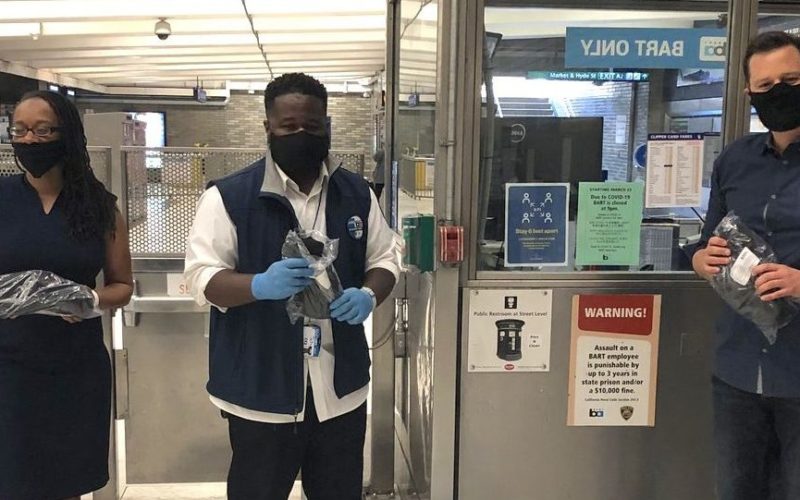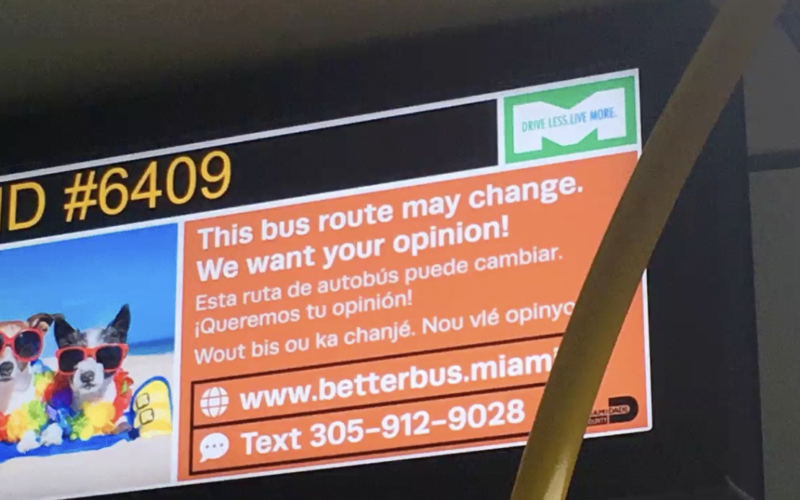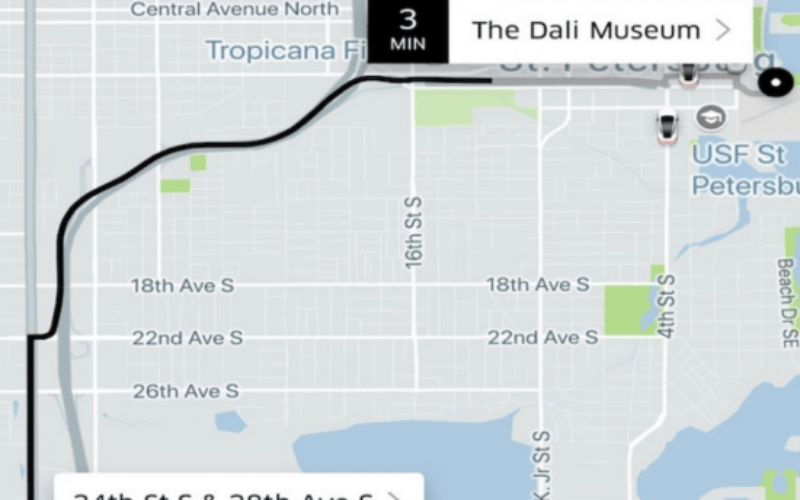Why is it so difficult to build subway and light rail projects in America? Every week there’s a new story about an American transit project that is behind schedule, over budget, or “paused”. Montreal’s Réseau express métropolitain (REM) stands out as a recent North American project that has begun to address some of the challenges that have foiled so many others. What is REM getting right that other projects aren’t?
Read MoreThis post was written by Catherina Gioino In 2021, exhausted Bay Area girls brought their lived experiences of sexual harassment...
Read MoreNew drug testing rules from the USDOT could make it easier for transit agencies to recruit more operators - but only if they implement the rule.
Read MoreA major legislative accomplishment in Minnesota exhibits the political clout of coordinated efforts between transit and climate advocates.
Read MoreTransit agencies around the country are adopting a new generation of fare payment systems. TransitCenter’s new report, "Do Not Track: A Guide to Data Privacy For New Transit Fare Media," maps out how to navigate the pitfalls of these new technologies when it comes to privacy.
Read MoreThe MBTA now offers crowding information on 23 of its bus routes, enabling riders to make decisions about how to minimize risk as they travel during the COVID-19 pandemic.
Read MoreUniversal mask-wearing on transit will be fundamental to managing COVID-19's spread. Portland’s TriMet and San Francisco’s BART provide an early look at how agencies are managing this shift.
Read MoreCOVID-19-related moratoriums on public gatherings have inevitably affected the public engagement process for transit projects. Transportation consultants and advocates are already adapting to keep rider-focused initiatives like bus network redesigns moving forward.
Read MoreIn 2016, the Pinellas Suncoast Transit Authority (PSTA), an agency outside Tampa that serves about 32,000 daily trips, became the first public transit agency to replace bus routes with subsidized Uber service. Three years later, the results are in.
Read More



